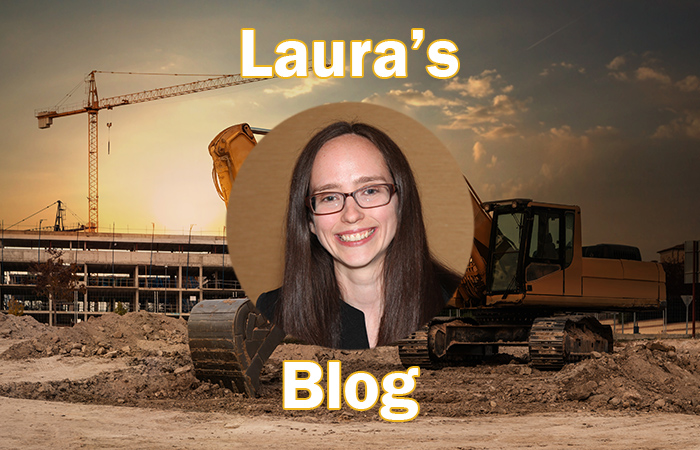In our summer blog series, last week, we dove head first into the immersive experiences of AR (augmented reality), VR (virtual reality), and MR (mixed reality). Today, let’s take this conversation one step further and look at the rise of the metaverse in construction.
First, the basics. A few months ago, Peggy Smedley did a deep dive into what the metaverse is, why do we need it, and when it will arrive. At its core, the metaverse is a simulated digital environment that uses various technologies to create an immersive online experience. It could be used for gaming, or it could be used in businesses—like in construction.
Growth is imminent for all industries too. McKinsey & Co., suggests the metaverse will significantly impact our commercial and personal lives, with its potential to generate up to $5 trillion in value by 2030.
Looking specifically at the construction industry, EY suggests the metaverse will redefine how we develop and design our built environments in the future, as the rise of “meta estate” will arrive in the CRE (construction and real estate) industry.
Let’s consider a few specific examples. EY points to the case of enhanced city development. The organization suggests BIM (building information modeling) and digital twin will lead to more immersive experiences and the trade of virtual land and CRE assets such as architectural designs and real houses using NFTs (non-fungible tokens). So, we see here one opportunity is to leverage the metaverse on a grand scale for city-wide use.
Looking at this from a bit of a different angle, the technology can also be used as a collaborative tool in construction processes as well. The metaverse can help construction teams move from realtime models to more immersive development and design that helps avoid costly planning errors and implementation. Simply, the metaverse can be a new tool to enable project teams to work together in new and different ways.
Next, we see the metaverse can be used as a virtual tool when someone has to physically travel to a project site. Think something like a project inspection or a multi-team training. The metaverse could make it so these team members don’t have to actually travel to a site. Rather, they could do their job virtually.
Finally, we see the metaverse can help with sales and CRM (customer-relationship management) in the construction industry. Virtual tools have long been a great sales tool in the construction industry. The metaverse simply is the next evolution of this. Taking this concept even a step further, the construction and real estate industry will also play a big role in enhancing virtual customer experiences using virtual spaces, including a new understanding of offices, stores, and living environments.
Of course, these are just a few examples. Here’s the interesting thing about the metaverse though. Much of the hype that existed earlier this year seems to have died down, especially as the talk of generative AI (artificial intelligence) has since ramped up. But many technology companies are still quietly working on the technology, as the opportunities are still widespread.
Do you have transformative technology designed specifically for the construction industry? We want to hear about it! Soon we will have a call to entry for our 2024 Constructech Top Products award program. Make sure to enter your product for consideration.
Want to tweet about this article? Use hashtags #construction #IoT #sustainability #AI #5G #cloud #edge #futureofwork #infrastructure


